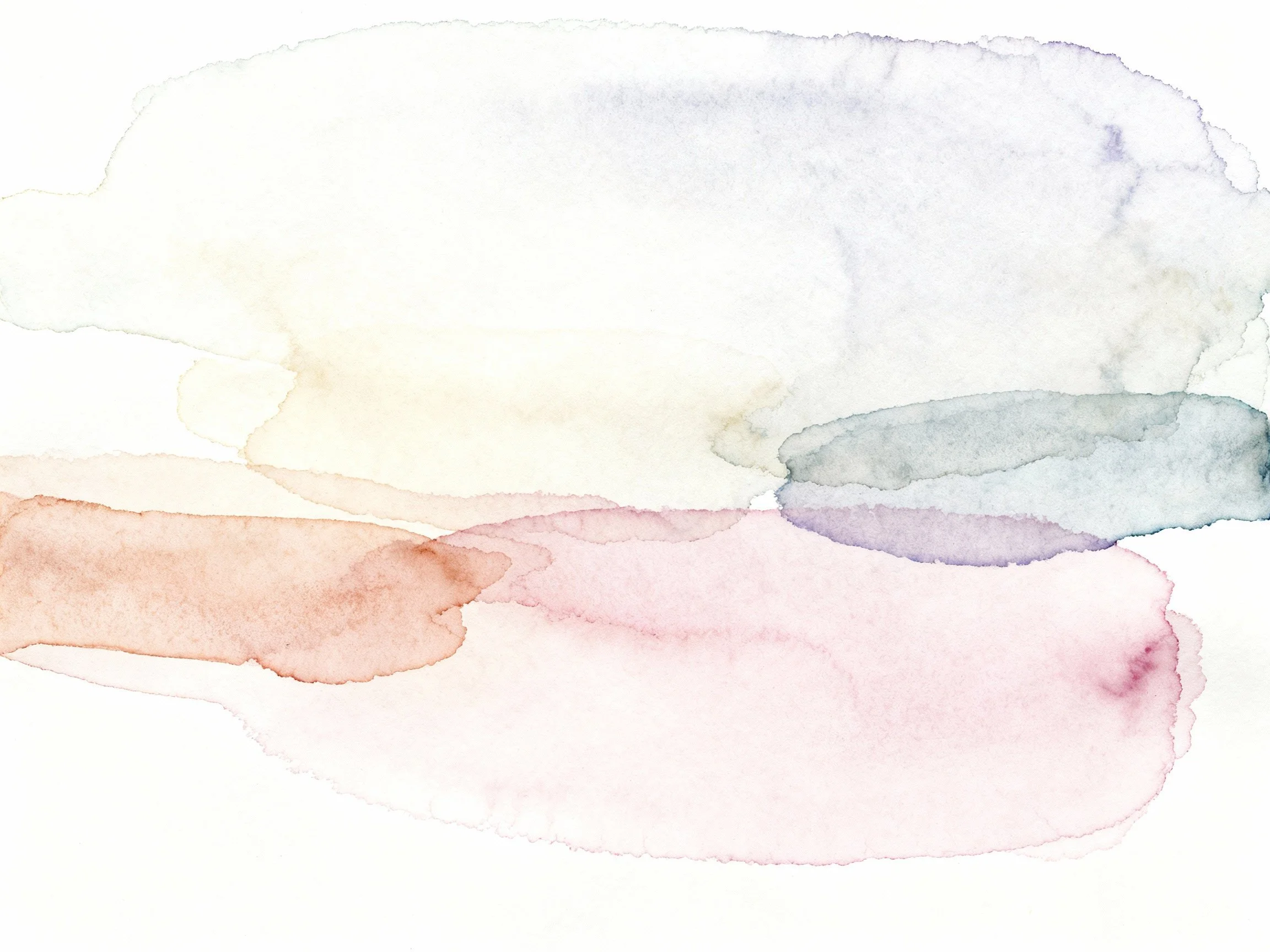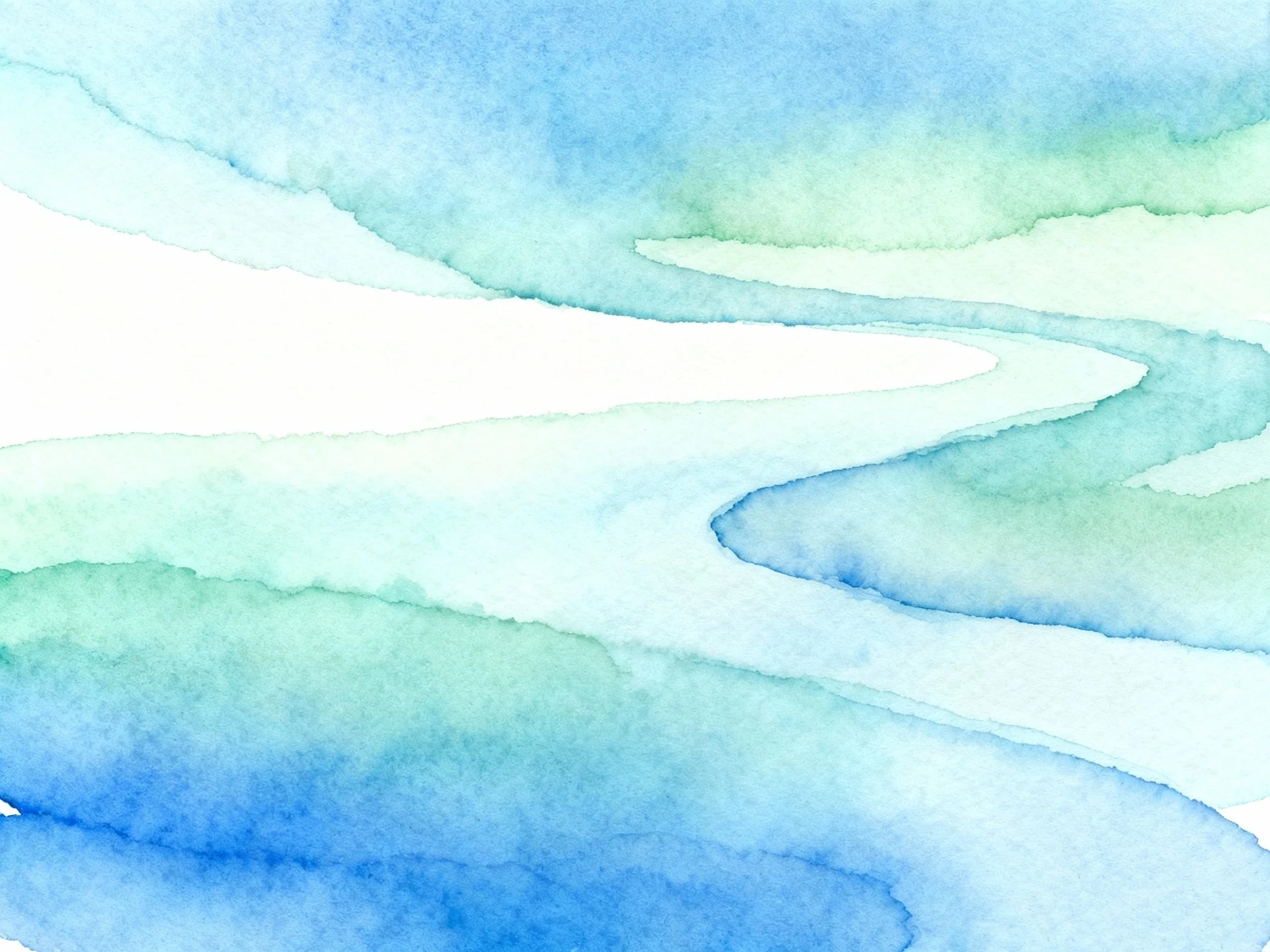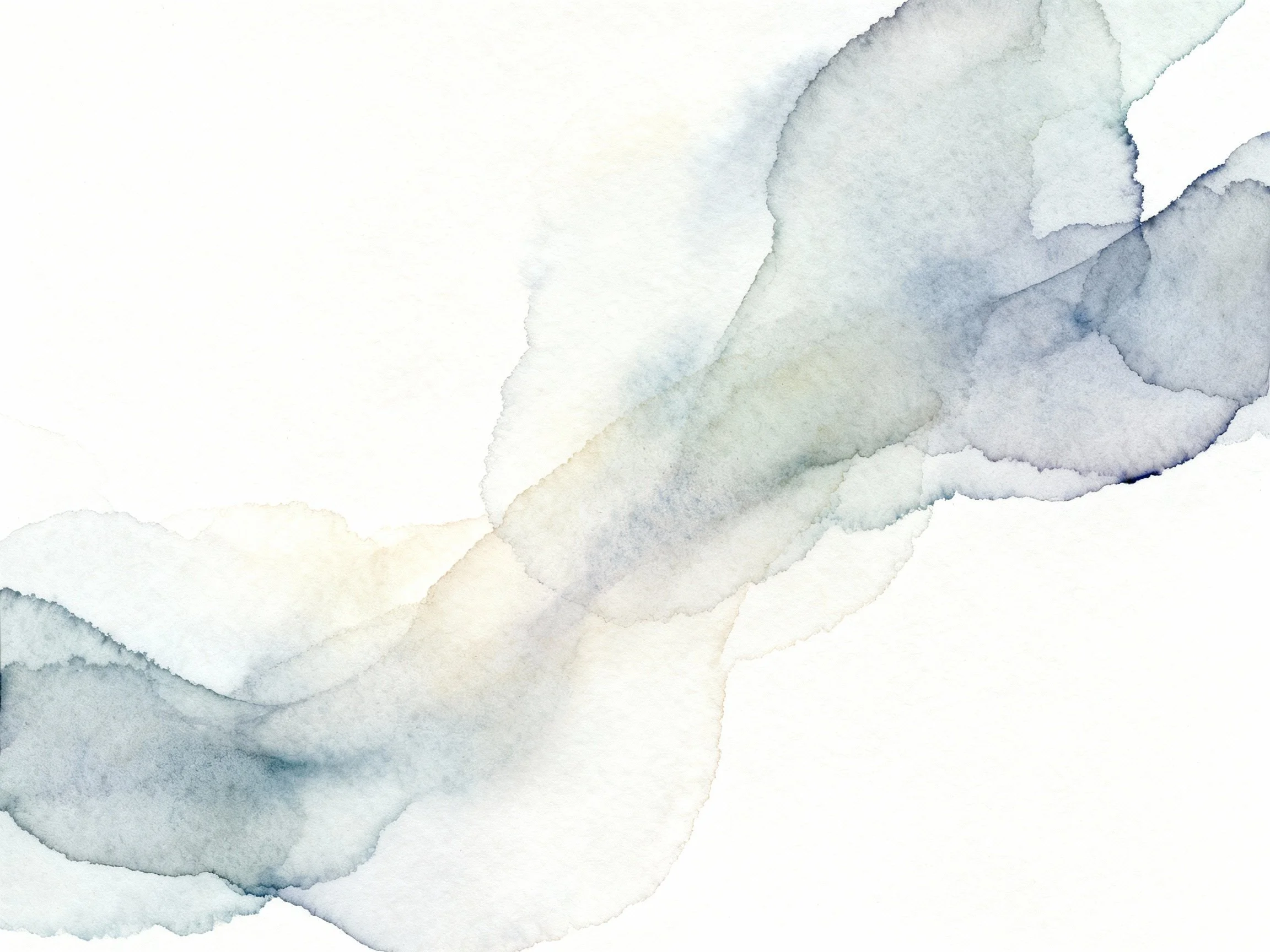Trust: Learning to Rely on Your Inner Wisdom

Trust is perhaps the most paradoxical of the seven mindfulness attitudes. In a practice that emphasizes letting go and non-attachment, we're asked to trust—to have faith in something. But what exactly are we trusting?
The trust that Jon Kabat-Zinn speaks of isn't blind faith in external authorities or rigid beliefs. It's something far more radical: trusting your own experience, your own body, your own inner knowing. It's the confidence that you have the capacity to navigate your life, even—especially—when things are uncertain.
What Trust Means in Mindfulness Practice
Trust in mindfulness has two interconnected dimensions: trusting your direct experience and trusting your basic goodness. It's about learning to rely on what you actually perceive and feel, rather than constantly deferring to external validation or doubting your own wisdom.
Trusting Your Direct Experience means honoring what you actually sense and feel in the present moment, rather than what you think you "should" feel or what others tell you that you feel. Your body offers constant feedback—tension, ease, discomfort, energy—and learning to trust these signals is fundamental to mindfulness practice.
Trusting Your Basic Goodness means believing that at your core, you have wisdom, resilience, and the capacity to work with whatever arises. This doesn't mean trusting that everything will work out perfectly or that you'll never make mistakes. It means trusting that you can be with whatever happens and respond with wisdom and compassion.
Understanding Trust Through Examples
Learning to recognize the difference between trusting yourself and doubting yourself is the first step in cultivating this attitude. Let's explore what this looks like in practice.
What Trust Looks Like
My body feels uneasy about this situation, even though I can't articulate why. I'm going to honor that signal and take more time to decide.
What Lack of Trust Looks Like
Everyone says this is a great opportunity, so I should feel excited. There must be something wrong with me for feeling hesitant.
When we trust our experience, we create space to make decisions that align with our authentic knowing rather than abandoning ourselves for external approval. This same principle applies to our meditation practice itself.
Trusting the Practice
My mind wandered again, and I noticed it. I'm bringing my attention back to the breath. This is the practice working.
Doubting the Practice
I can't stop my thoughts. I must be doing this wrong. Maybe meditation just doesn't work for me. I should try a different technique.
Common Misconceptions
Trust means ignoring logic and reason
Trusting yourself doesn't mean abandoning critical thinking or making reckless decisions. It means integrating your intuitive knowing with rational analysis. You can gather information, consider consequences, and still trust the wisdom that emerges from your direct experience. Trust and discernment work together, not against each other.
You should trust everyone equally
Self-trust is about trusting your own perceptions and inner knowing. This actually helps you discern who and what deserves your trust externally. When you trust yourself, you can accurately assess whether others are trustworthy without defaulting to blind faith or chronic suspicion.
Trust means never seeking guidance
Trusting yourself doesn't mean refusing help or advice from others. It means you can listen to guidance while remaining connected to your own inner compass. You're not outsourcing your authority—you're gathering wisdom and then checking in with what feels true for you.
If you had real trust, you'd never feel uncertain
Trust doesn't eliminate uncertainty—it gives you the confidence to be with uncertainty without panic. You can trust that you'll navigate the unknown, even when you don't know exactly how things will unfold. Trust and doubt can coexist; the practice is noticing when doubt becomes a habitual pattern that disconnects you from your own knowing.
Understanding what trust is not can be just as important as understanding what it is. These misconceptions often prevent people from developing genuine self-trust. Remember, trust in mindfulness is about honoring your direct experience while remaining open and discerning.
Applying Trust in Daily Life
The real test of trust comes in our everyday moments. Here are practical ways to integrate this attitude into different areas of your life.
Trust Your Expertise
When you've prepared thoroughly, trust your knowledge in meetings. You don't need to second-guess every contribution you make.
Honor Your Pace
If a deadline feels unrealistic, trust that feeling. Speak up about what's actually achievable rather than overcommitting to please others.
Inner Compass Check
When offered a new opportunity, notice your body's response. Does it feel like expansion or contraction? Trust that information.
Boundary Signals
When you feel resentment building, trust that it's signaling a boundary need. You don't need to justify your limits to honor them.
Feedback Integration
When receiving criticism, trust yourself to discern what's useful and what reflects the other person's perspective. You can consider input without abandoning your self-knowledge.
Creative Process
Trust the uncertain phase of creative work. Not knowing the solution yet doesn't mean you won't find it—your process has worked before.
Quick Practices You Can Try Today
The Body Wisdom Check-In
Throughout the day, pause and scan your body. Ask: "What is my body telling me right now?" Notice sensations without judgment. Is there tension, ease, discomfort, energy? Practice trusting these signals as valuable information rather than dismissing them as irrelevant or wrong.
Small Trust Experiments
Start with low-stakes decisions where you trust your intuition. What do you want for lunch? Which route should you take home? Which friend do you feel drawn to call? Notice what happens when you follow your inner knowing without overthinking or seeking external validation.
The Self-Commitment Practice
Make one small commitment to yourself each day—and keep it. "I'll meditate for five minutes." "I'll go to bed by 10:30." "I'll take a real lunch break." Each kept commitment builds the neural pathway of self-trust. Your brain learns: "I can trust myself to follow through."
Resilience Reflection
Take a few minutes to reflect on difficult times you've successfully navigated. Write down three challenging situations from your past and note how you moved through them. You've survived 100% of your worst days. This track record is worth trusting.
Frequently Asked Questions
What is trust in mindfulness?
Trust in mindfulness means developing confidence in your own experience, wisdom, and basic goodness—even when things are uncertain or difficult. It's trusting that you have the inner resources to work with whatever arises, that your feelings are valid information (even when uncomfortable), and that you don't need to look outside yourself for permission to know what you know. This kind of trust isn't blind faith; it's built through the practice of paying attention to your direct experience and discovering that you can handle more than you thought.
How do I develop trust when I've been let down before?
The trust we're cultivating in mindfulness isn't about trusting that bad things won't happen or that people won't disappoint you—it's about trusting your capacity to be with whatever comes. When you've been hurt, you learn that you can survive hurt. That's the foundation of real trust: not that life will always be safe, but that you can meet life as it is. Start small: notice moments when you handled something difficult. Build evidence that you can trust yourself to show up for your own experience.
What if I don't trust my feelings—they seem so unreliable?
Feelings aren't meant to be facts—they're information. When you trust a feeling in mindfulness, you're not saying "This feeling is the absolute truth." You're saying "This feeling is arising, and it's worth paying attention to." The practice is to get curious: "This anxiety is here. What might it be telling me? What does it need?" Sometimes feelings seem unreliable because we're not listening to what they're actually communicating. Trust means taking your emotional experience seriously enough to investigate it.
How is mindfulness trust different from just being gullible?
Trust in mindfulness is paired with wisdom and discernment. You're not blindly accepting everything or trusting everyone. You're developing trust in your capacity to sense what's true for you—which includes sensing when something doesn't feel right. This kind of trust helps you set boundaries, recognize manipulation, and listen to your intuition. It's the opposite of gullibility: it's being so connected to your own knowing that you can't be easily swayed by external pressures.
What if trusting myself led to bad outcomes in the past?
Often what we call "trusting myself" in the past was actually following impulsive reactions, people-pleasing, or acting from fear—not true trust in our deeper wisdom. The trust we're cultivating is different: it comes from stillness, clarity, and connection to something deeper than our habitual patterns. If a past decision didn't work out, you might ask: "Was I listening to my deepest knowing, or was I avoiding uncomfortable feelings? Was I present, or reacting from old patterns?" True trust is built through the practice of pausing, getting quiet, and listening beneath the noise.
Reflection Questions
What happens in your body when you trust yourself versus when you don't?
When do you most easily dismiss or override your own knowing?
What would become possible if you deeply trusted your capacity to handle whatever arises?
Can you recall a time when trusting yourself led to something meaningful?


